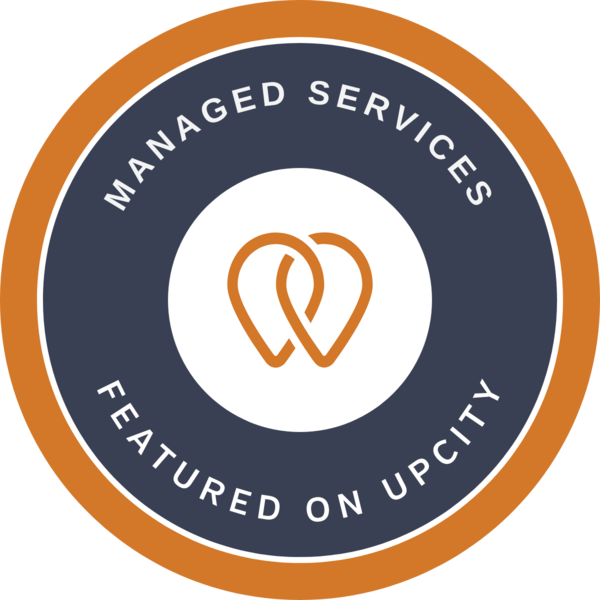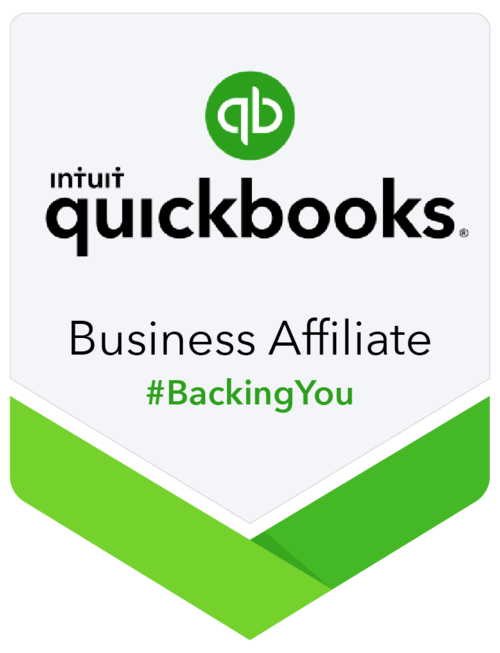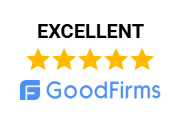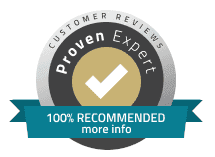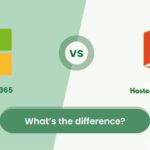In today’s fast-paced accounting industry, firms need solutions that are flexible, scalable, and cost-effective. While QuickBooks hosting is widely recognized for enabling remote work and seamless collaboration, the real strategic advantage comes from leasing QuickBooks licenses—especially when paired with cloud hosting. This blog explores the core benefits of leasing QuickBooks, the challenges it solves, and why it’s often the preferred choice for modern accounting and finance businesses.
What Does Leasing QuickBooks Mean?
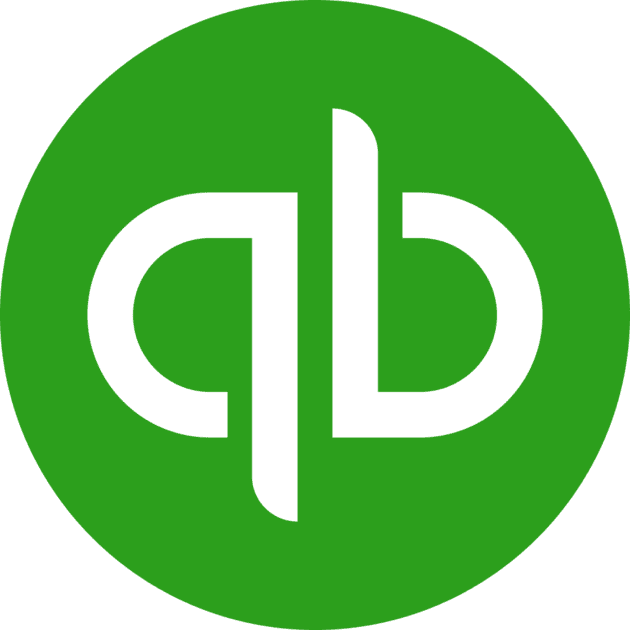
Leasing QuickBooks involves paying a recurring subscription fee to use QuickBooks software through a cloud hosting provider, rather than making a one-time purchase for a perpetual license. You gain access to the latest version, support, and features for as long as you maintain your subscription.
Leasing vs. Buying QuickBooks: At a Glance
| Feature | Leasing QuickBooks | Buying QuickBooks |
|---|---|---|
| Upfront Cost | Low | High |
| Ongoing Cost | Monthly/Annual Subscription | None (after initial purchase) |
| Flexibility | Add/remove users anytime | Fixed users, less flexible |
| Updates | Included in subscription | May require paid upgrades |
| Ownership | No (right to use) | Yes (perpetual license) |
| Commitment | Short-term, can cancel anytime | Long-term, sunk cost |
| Support | Included with lease | May require separate purchase |
| Best For | Startups, SMBs, dynamic teams | Large, stable organizations |
Why Leasing QuickBooks Makes Sense for Accounting Firms
1. Lower Upfront Costs and Better Cash Flow
Leasing eliminates the need for a large capital outlay. Instead of paying thousands upfront, you spread costs into manageable monthly or annual payments, preserving cash for other priorities like hiring, marketing, or technology upgrades.
Example:
A new accounting firm can start using QuickBooks for a small monthly fee instead of investing $2,000+ in licenses, freeing up capital for growth.
2. Flexibility to Scale with Your Business
Accounting firms often face seasonal spikes (tax season, audits) and fluctuating staffing needs. Leasing allows you to easily add or remove users as your team changes, ensuring you only pay for what you use.
Example:
During tax season, you can add temporary staff to your QuickBooks lease, then scale down afterward—no wasted licenses.
3. Always Up-to-Date Software
Leasing ensures you always have access to the latest version of QuickBooks, with new features and security updates included. No more surprise upgrade fees or outdated software.
4. Try Before You Commit
Not sure if QuickBooks is right for your firm? Leasing lets you “test drive” the software without a long-term commitment. If it doesn’t fit, you can switch or cancel without sunk costs.
5. Comprehensive Support Included
Leasing typically bundles technical support, setup, and troubleshooting with your subscription. This means less time spent on IT headaches and more time serving clients.
6. Improved Collaboration and Remote Work
Leasing QuickBooks through a cloud hosting provider enables secure, real-time access for your entire team, wherever they are. This is essential for hybrid and remote work models.
7. Easier Budgeting and Predictable Expenses
With leasing, your software costs are predictable and easy to budget—no surprise expenses for upgrades, support, or additional users.
Challenges Solved by Leasing QuickBooks
- Avoids large upfront investments that can strain cash flow, especially for startups and growing firms.
- Eliminates the risk of being stuck with outdated software or unused licenses as your business evolves.
- Reduces IT complexity by bundling support, updates, and cloud access into one subscription.
- Minimizes commitment risk—if your needs change, you can adjust your subscription or switch providers easily.
Who Should Lease QuickBooks?
- Startups and SMBs: Firms with limited capital or fluctuating staffing needs benefit most from leasing’s flexibility and low upfront costs.
- Firms Exploring QuickBooks: If you’re unsure about QuickBooks, leasing is a low-risk way to evaluate its fit for your workflow.
- Companies Prioritizing Agility: If your business model, client base, or staffing is dynamic, leasing allows you to adapt quickly without financial penalties.
Potential Drawbacks of Leasing
- Higher Long-Term Cost: Over several years, leasing may cost more than buying outright.
- No Ownership: You don’t own the license; if you stop paying, access ends.
- Ongoing Expense: Leasing adds a recurring line item to your budget, which some firms may want to avoid.
Leasing QuickBooks with Cloud Hosting: The Ultimate Combo
When you lease QuickBooks and host it in the cloud, you combine the financial and operational benefits of leasing with the accessibility, security, and collaboration features of cloud hosting. This is especially powerful for accounting firms needing:
- Secure, remote access for staff and clients
- Real-time collaboration across locations
- Automatic backups and disaster recovery
- Compliance with industry standards
Real-World Example
A 10-person accounting firm in Dallas opted QuickBooks license leasing through a cloud hosting provider. They saved over $5,000 in upfront costs, scaled up to 18 users during tax season, and reduced IT support tickets by 60%. When a new version of QuickBooks was released, they received the upgrade automatically—no extra charge or downtime.
Frequently Asked Questions (FAQ)
Q1: Is leasing QuickBooks more expensive in the long run?
Yes, leasing may cost more over several years compared to buying outright, but the flexibility and lower upfront costs often outweigh this for growing or dynamic firms.
Q2: Can I switch to buying later?
Yes, many providers allow you to switch from leasing to purchasing if your business needs change.
Q3: What happens if I stop leasing?
Your access to QuickBooks ends, but reputable providers will help you export or migrate your data before your subscription lapses.
Q4: Is support included?
Most leasing arrangements include technical support, setup, and troubleshooting as part of your subscription.
Q5: How does leasing work with cloud hosting?
Your provider supplies both the QuickBooks license and the cloud infrastructure, so you access the software securely from anywhere, with all updates and backups managed for you.
Contact OneUp Networks to lease QuickBooks and discover how cloud hosting can transform your operations by giving your firm a competitive edge.
How OneUp Networks Empowers Your Firm with QuickBooks Leasing
At OneUp Networks, we specialize in cloud-hosted QuickBooks leasing tailored for accounting and finance professionals. Here’s how we stand out:
- Flexible, scalable plans: Add or remove users anytime to match your business needs.
- No large capital outlay: Start with minimal upfront investment and predictable monthly costs.
- Automatic updates and support: Stay current and secure with no extra effort.
- Expert migration and onboarding: We handle setup and data transfer for a seamless experience.
- 24/7 US-based support: Our experts resolve issues quickly, so you can focus on your clients.
Ready to make your accounting practice more agile, efficient, and future-ready?
Contact OneUp Networks to discover how leasing QuickBooks with cloud hosting can transform your operations and give your firm a competitive edge.
For a personalized consultation or to learn more about our leasing and hosting solutions, reach out to OneUp Networks—the trusted partner for modern accounting firms.







